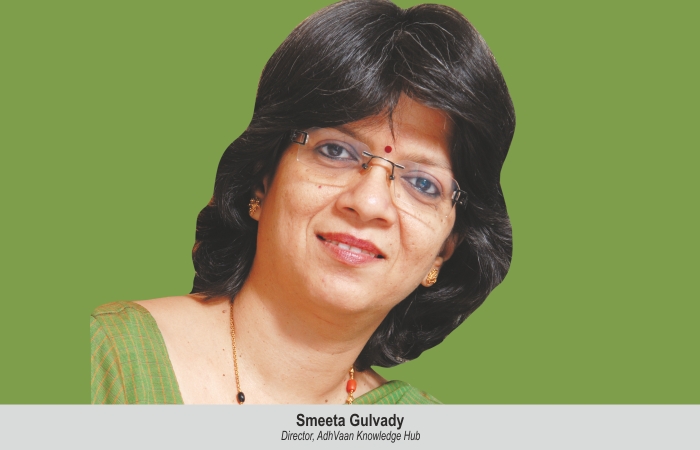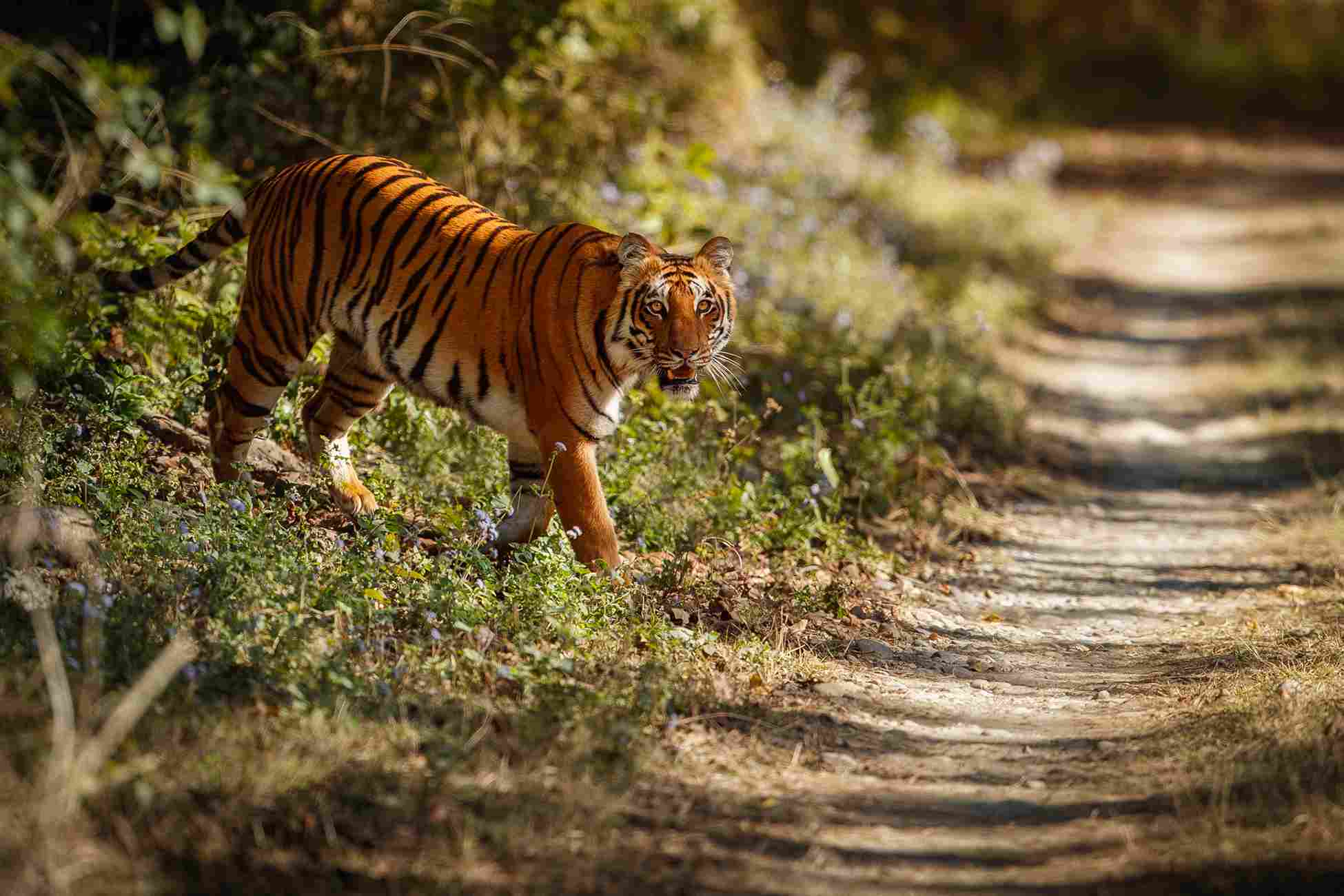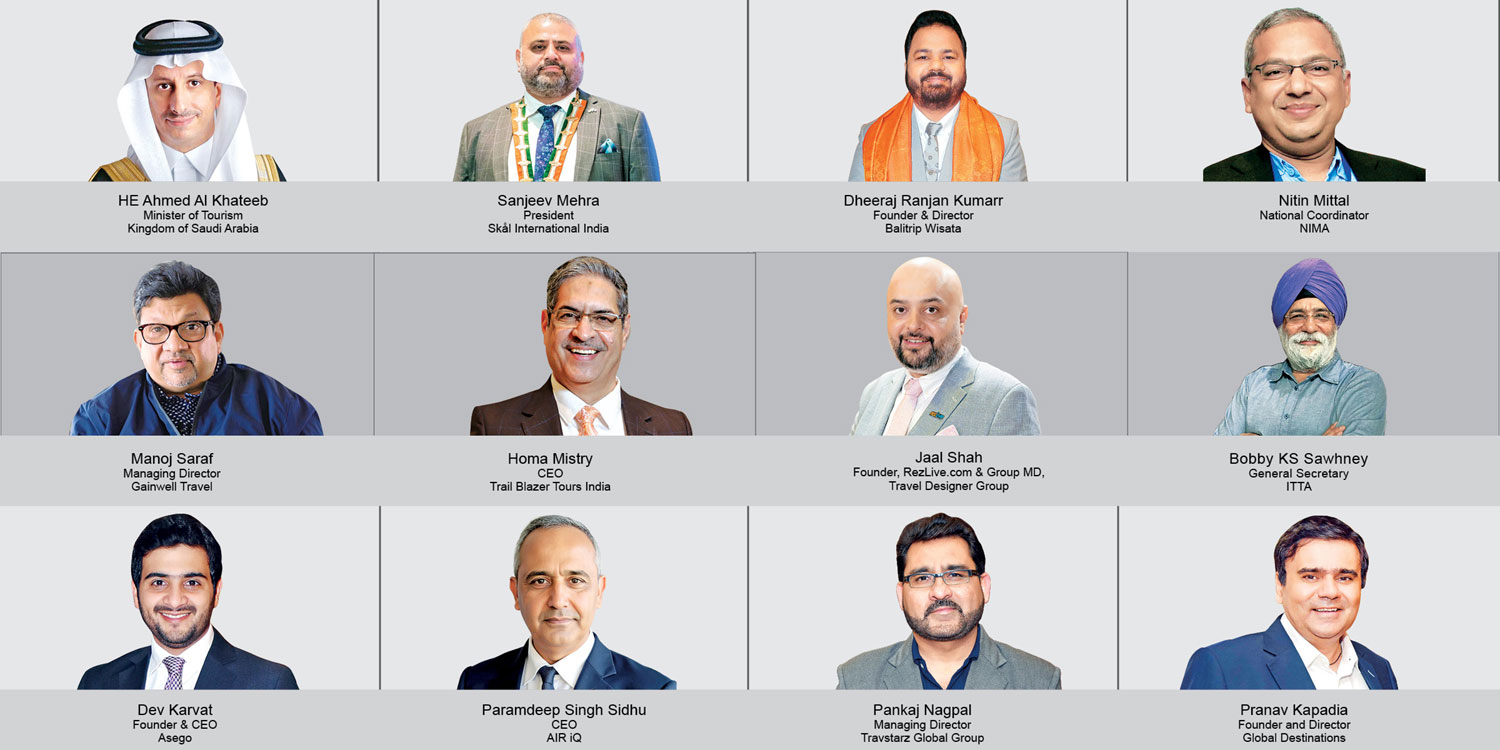Having been in the field of travel education for the last 19 years and driving sales & marketing for international brands, offering vocational training in tourism was a natural progression for Smeeta Gulvady, Director, AdhVaan Knowledge Hub. She discusses the gap in the industry when it comes to training and why upskilling has become an integral element to success.
Hazel Jain
What was the idea behind starting AdhVaan?
After having started and managed academies such as Kuoni Academy, Thomas Cook Center of Learning & BCD School, it was during COVID that the idea of setting up AdhVaan occurred to me. The evolving Indian traveller is looking for exciting new experiences and destinations, especially after the pandemic. Creating awareness, educating agents, tour operators, trade about the new experiences is imperative for destination marketing. Well trained, armed with product knowledge, skilled professionals are far better equipped to curate experiences to satisfy needs of customers.
We offer destination trainings to travel agents pan-India, consultancy, and management services in the tourism industry. We have a deep understanding of the industry and hence the ability to connect at the local level. The travel agents at the end of the workshop have excellent product knowledge to sell the destination confidently.
What kind of trainings have you done so far?
AKH has conducted destination trainings on behalf of tourism boards in India, Sri Lanka and the Maldives. We offer customised trainings based on requirements. We have also partnered with India Tourism. We teach behavioural and communication skills, which helps in understanding the international tourist.
We have also engaged the youth with quizzes. The objective is to make the youth aware of our heritage through interesting formats.
What is the importance of training and skill development in these times when travellers demand hyper personalisation?
The tourism industry is people focused, and the quality of its people determine the value of the product. The soft skills include language, communication expertise, mindset and attitude qualities. Post COVID, new consumer segments such as the health conscious and senior citizens are emerging. These groups are willing to pay a premium for alternative offerings. Employees need to be equipped with the appropriate skills and product knowledge to grab these opportunities.
Are there more women who opt for further training and skilling than men? If so, why?
Most of the workforce in tourism is made up of women. Data from UNWTO says that it represents 54 per cent of the total number of employers in the sector. T&T sector is labour intensive and creates more opportunities for small entrepreneurs. Many women are successful entrepreneurs in tourism.
Women also form a majority of students in formal tourism education, and they largely lack the high-level and soft skills training needed to ensure their career progression. Yet women are the decision-makers in most cases when booking a holiday.
Do you see a gap in the kind of training being provided today?
In a consumer-centric sector, people skills are critical for success on the job. Conflict resolution, self-control, assertiveness, empathy, positive attitude, adaptability, and critical thinking is key. The attrition rates are very high in the industry. Employee aspirations too are very high, and they are in a hurry to realise them. Organisations should invest in training & development and re-training to cater to the dynamic needs of the industry.
Destination knowledge expertise is an offering by AKH. Post COVID, there have been a sea change in behaviour trends. Staying relevant in the evolving times is key to success in any sphere, more so for travel where one of our biggest competitions is the internet. G20 is a huge opportunity for showcasing Incredible India. I would love to take up a challenge such as G20 and add value to the great work that they are already doing. Our trainings are in-person, focused, interactive and very well received.
 TravTalk India Online Magazine
TravTalk India Online Magazine





